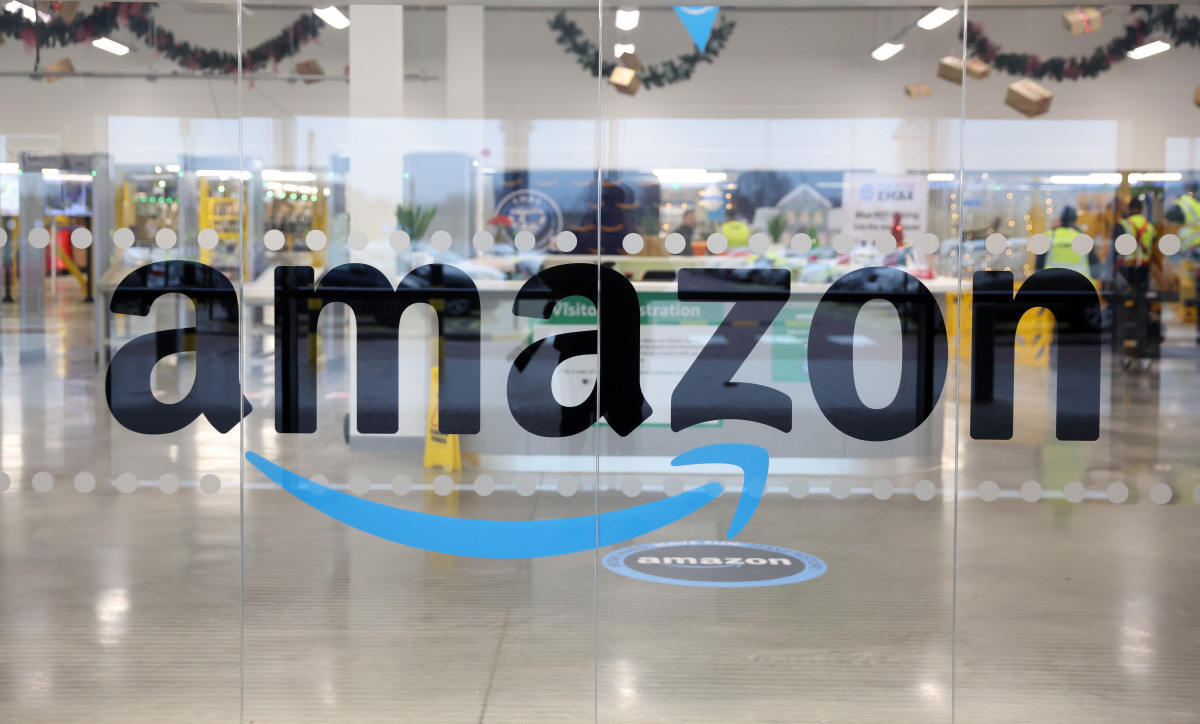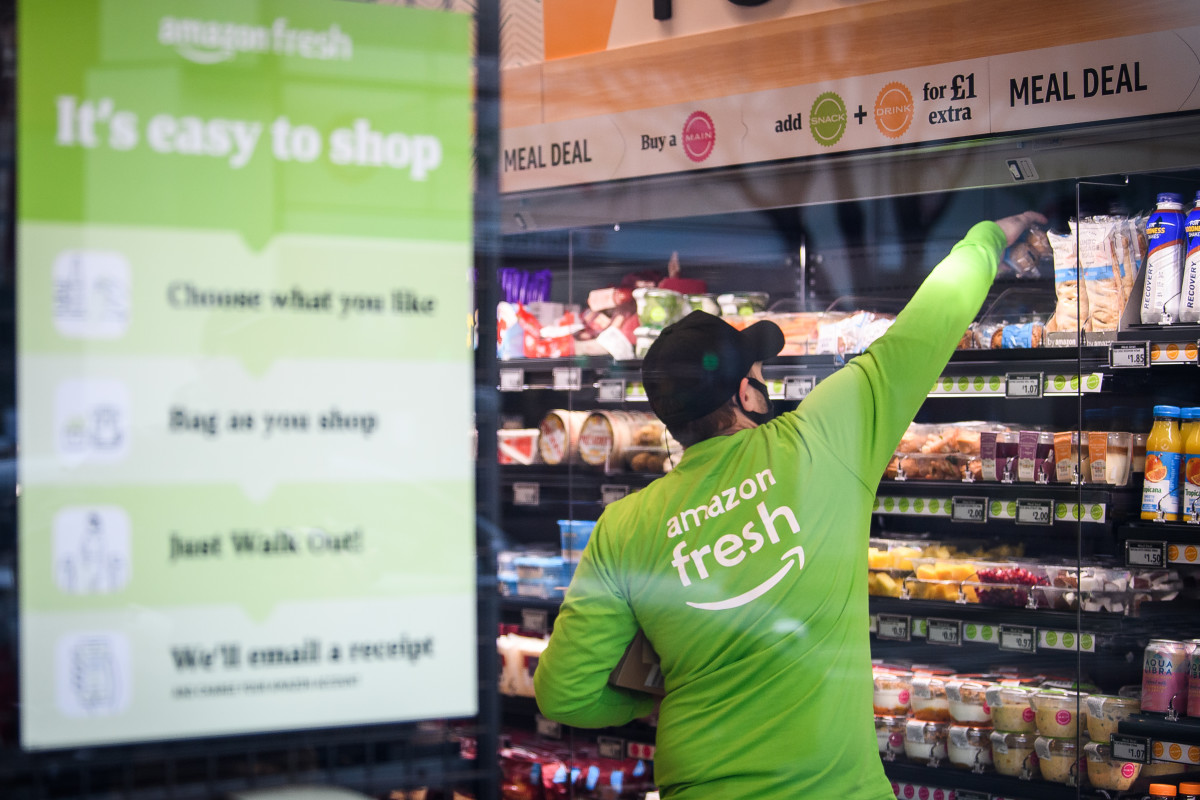
As the retail landscape contracts and consolidates, one corner of this market has been evolving along with it.
Grocery and food staples retail, which includes everything from your standard breakfast cereals to niche international ingredients, has been splintering, unlike the rest of the retail industry, which seems to be getting gobbled up by competitors.
Related: Budget grocery store gets fancy Whole Foods-style feature
This may be because grocery stores have always been particularly thin-margin businesses, so when covid hit they were used to operating in an agile environment and were already used to scrutinizing costs and inefficiencies in order to continue operating. Grocery stores are also vital businesses, so shutting down wasn't much of an option.
It may also be because while consumers appreciate cost savings, they also want choices. Most Americans probably wouldn't stand for having one or two grocery stores to choose from. The U.S. is too large, with too many varied tastes and interests, to be content with one or two big-box brands.
This is why grocery stores have proliferated across the country in recent years. Aldi, a German budget grocery store, is the fastest growing food store in the U.S., while more specialty outlets, like Wegmans and Amazon's Whole Foods, continue pushing into new markets to cater to varied palates.

Amazon still trying to crack grocery
One such exception to this rule has been Amazon (AMZN) , the digitally native retailer that in recent years has strived to expand its brick-and-mortar presence by opening grocery stores and implementing new technology to streamline the process.
Its acquisition of Whole Foods in 2017 was pricey at $13.7 billion — but it's been a success. It largely helped bring down prices across the stores and helped the chain shed its "whole paycheck" nickname. Amazon Prime members get access to exclusive savings in the store, too, and can use their accounts to order grocery delivery if they're within range of a store.
But some of Amazon's grocery ventures have not panned out. It recently said it would abandon its Just Walk Out and smart-shopping-cart technology in its new stores, instead licensing the tech to competitors.
"In larger grocery stores, where customers are making a big weekly trip and buy a greater number of items, customers so far prefer Amazon Dash Cart, our smart shopping cart, which uses the same advanced, computer vision technology as Just Walk Out," Amazon wrote in a statement, adding, "As such, we have already begun expanding Dash Cart to all Amazon Fresh stores as well as third-party grocers."
"We have strong conviction that Just Walk Out technology will be the future in stores that have a curated selection where customers can pop in, grab the small number of items they need, and simply walk out," the retail giant added.
"Even with relatively few items sold per visit, we have already sold over 18 million items in Just Walk Out stores, and there are now more than 140 third-party locations with Just Walk Out technology in the U.S., UK, Australia, and Canada."
The decision to act more as a seller of technology than a true grocery fulfillment company may be where Amazon sees a bulk of its profit potential. Or it could reflect just how capital-intensive the grocery business is, something the retail giant might not have the stomach for.
Amazon now sells its smart Dash Cart to larger operations, such as sporting arenas and venues, hospitals, stores and airports. This as it continues to sunset the service from most of its in-house operations, as at several Amazon Fresh and Whole Foods stores.







